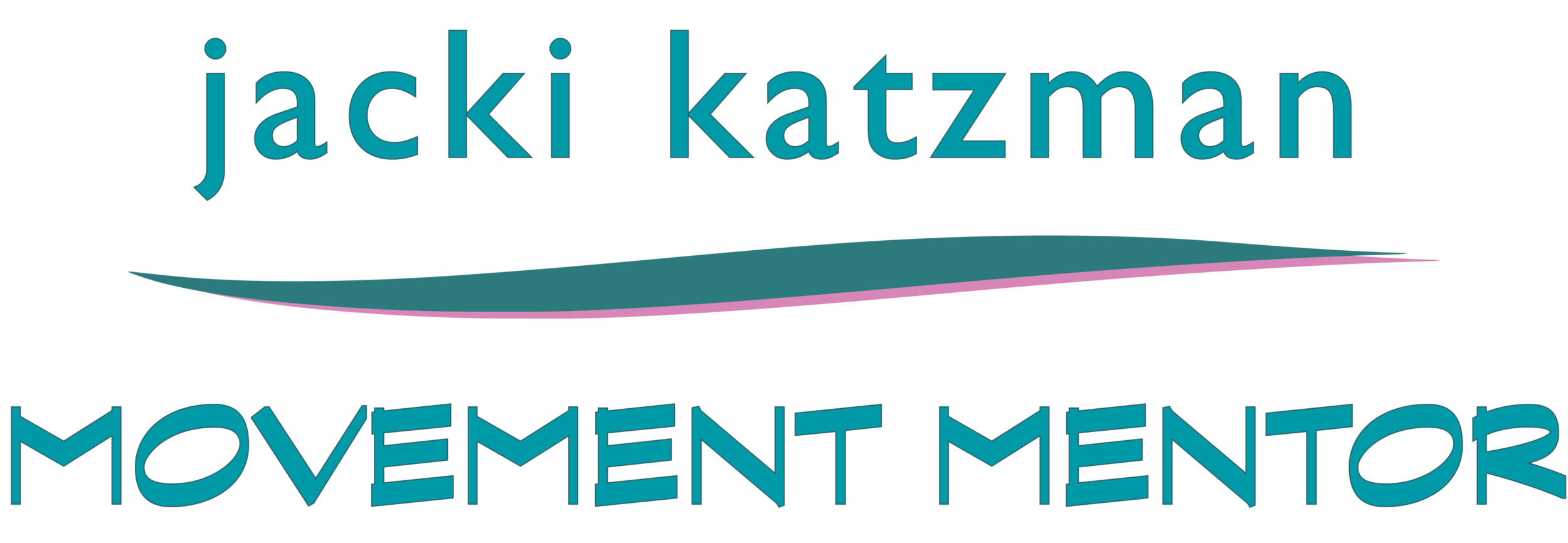If You Remembered That You Forgot Then You Didn't Really Forget at All
Photo by Andrea Piacquadio from Pexels
A friend recently forwarded an article, Neuroscience and a Dose of Emotional Intelligence Reveal a Simple Trick to Learn More With Less Effort: Learning more efficiently is a matter of time--but not in the way you might think that appeared in Inc. Magazine in 2015. The article is still timely as it synthesizes the well researched and reported contents of How We Learn: The Surprising Truth About When, Where, and Why It Happen by Benedict Carey.
“The premise is simple. Learn something new, and within a short period of time you’ll forget much of it. Repeat a learning session a day later, and you’ll remember more...
And — and this is important — to make your emotions work for you, not against you, forgive yourself for forgetting. To accept that forgetting — to accept that feeling like you aren’t making much progress — is actually a key to the process.”
The article outlines three basic premises:
Forgetting and relearning in different contexts strengthens understanding . Revisiting material over time cuts the access grooves deeper.
The best way to learn is to quiz yourself; you’ll be more likely to remember that you didn’t remember, and, eventually more easily remember what you forgot.
Going back to material tells the brain that material is important!
PLUS: Breaks are critical to temporarily forgetting in order to strengthen remembering.
Awareness Through Movement® lessons are constructed along these lines to help learning and retention:
Movements are introduced over time, in different orientations or relationships to different parts of the body, throughout individual lessons and the arc of a series
Reference moves - the ones we begin with and return to at the end - create a context for remembering what might have been forgotten
Finding better ways of moving is very important to the brain!
Rests are always part of the program - time to forget - also time for the deep brain to do its chatter while processing new information
Once again, science catches up with Moshe Feldenkrais. Enjoy forgetting but please remember to join us in class.

